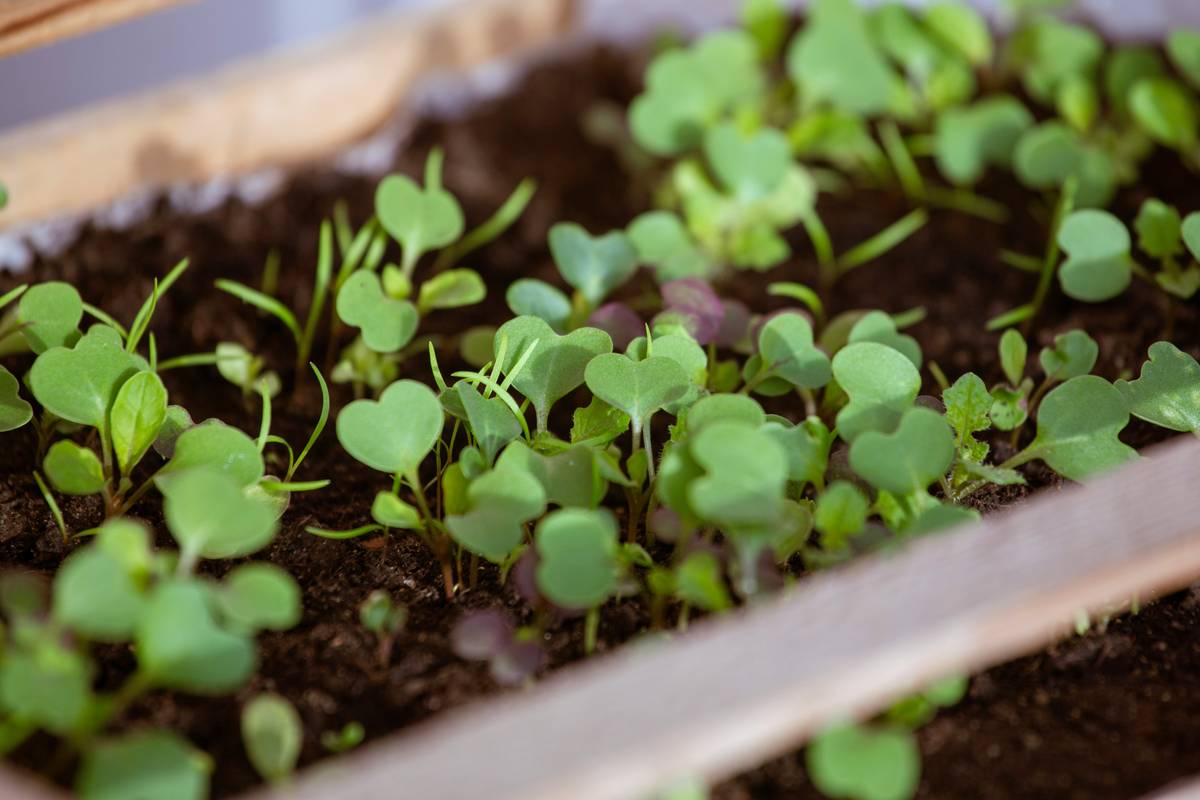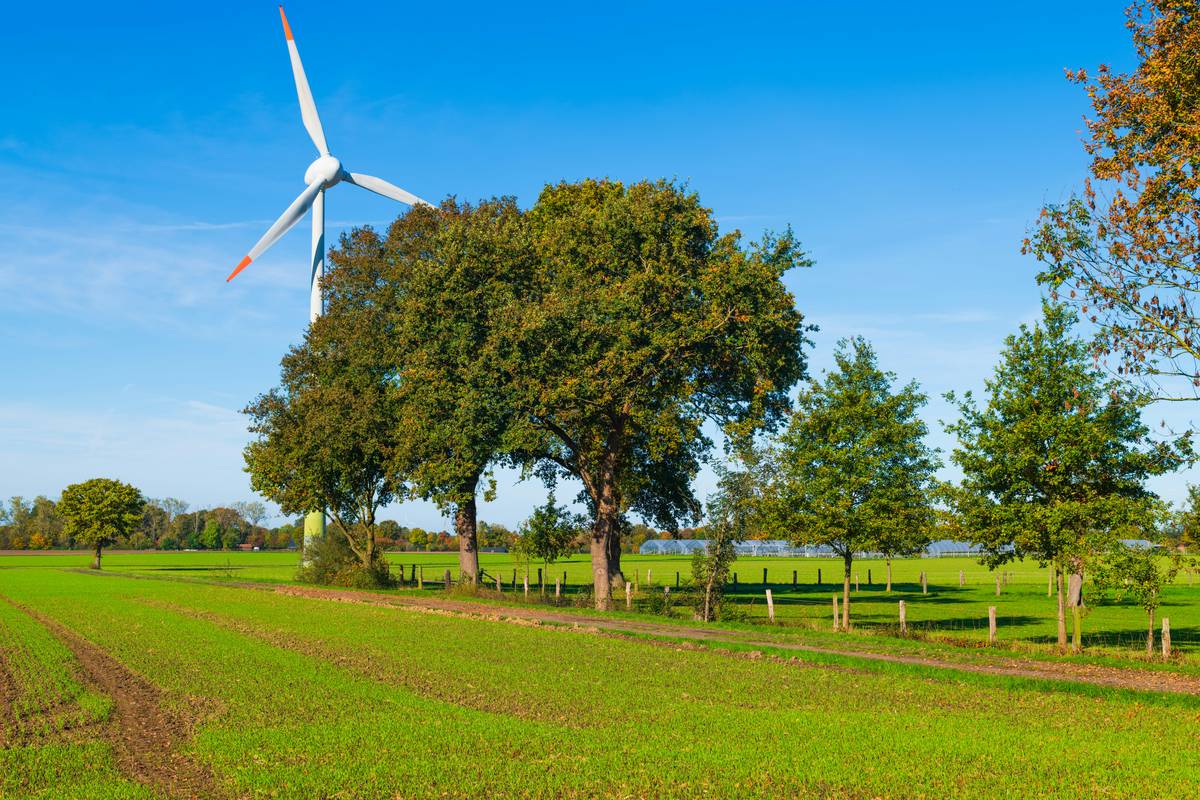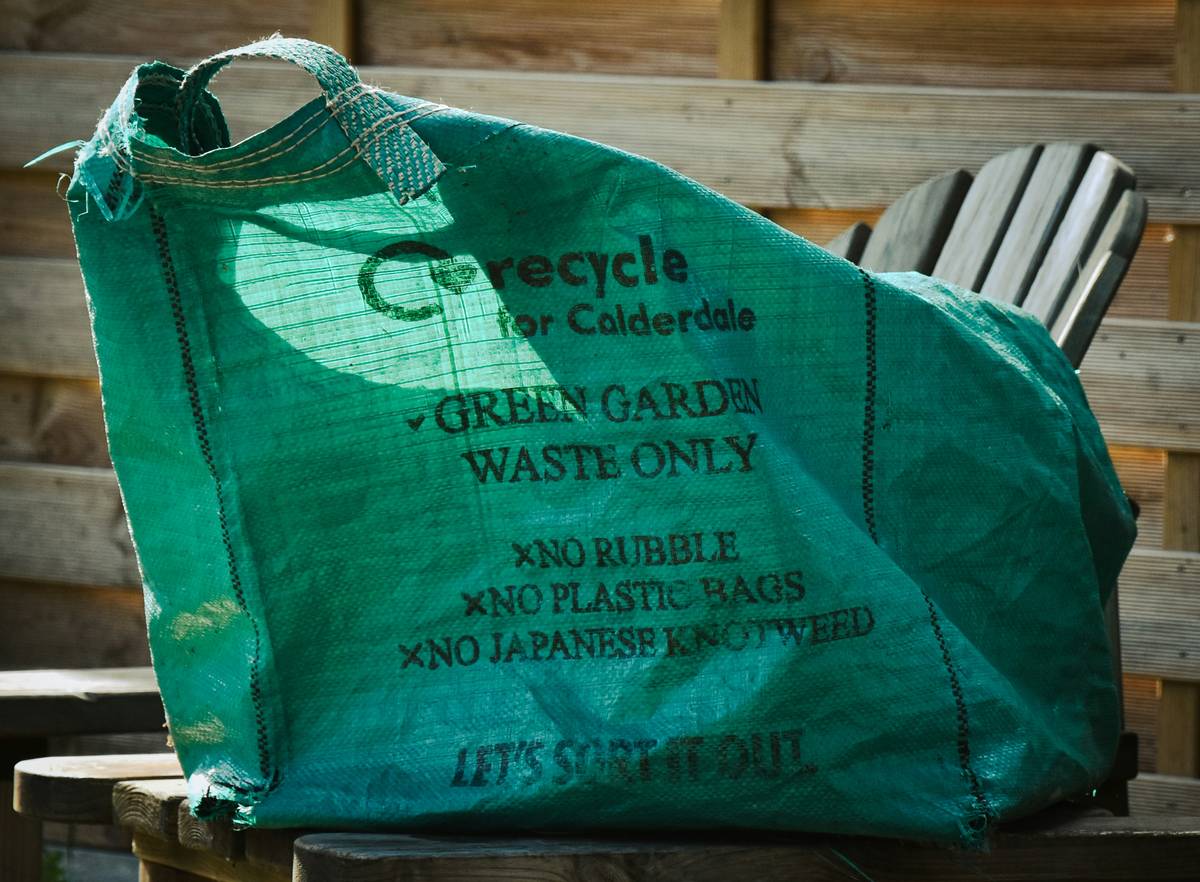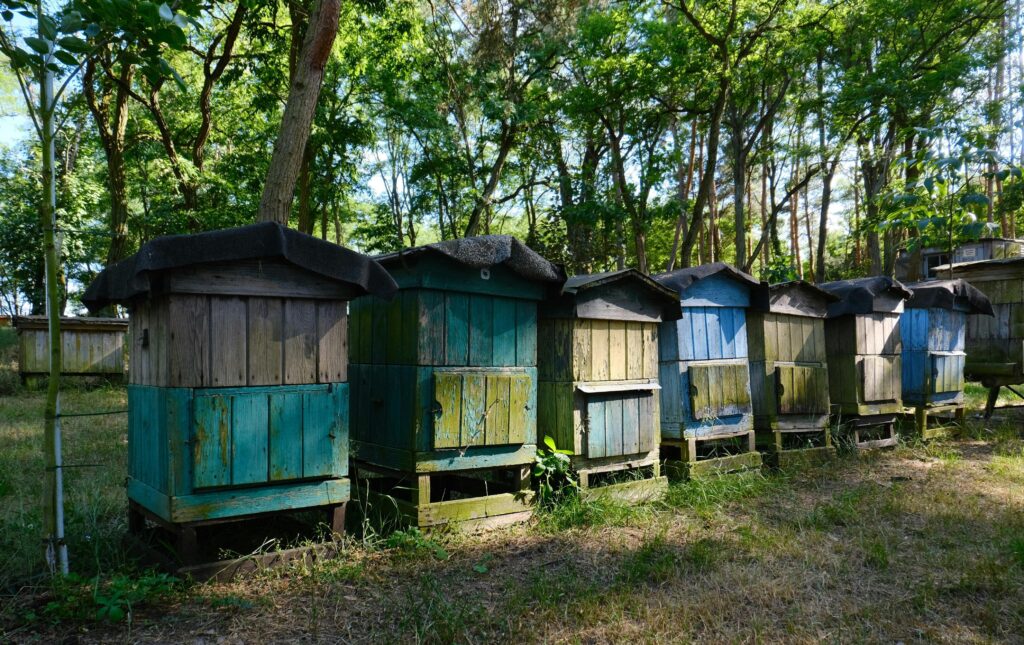Have you ever wondered how your obsession with organic vegetables ties into the bigger picture of sustainable living? You’re not alone. Many beauty enthusiasts are realizing that farm sustainability isn’t just a trend—it’s the future of eco-friendly skincare and wellness. And guess what? It starts right in the soil where those nutrient-packed veggies grow!
In this post, we’ll uncover practical farm sustainability tips tailored for anyone who loves natural beauty products and wants to support ethical agriculture. You’ll learn why farm-to-face is more than a buzzword, actionable steps to implement sustainable practices, and how all of this connects back to glowing skin. Let’s dig in—literally.
Table of Contents
- Why Does Farm Sustainability Matter for Organic Beauty Lovers?
- Step-by-Step Guide to Implementing Farm Sustainability Tips
- Pro Tips for Supporting Sustainable Farms
- Real-Life Success Stories: Farms Doing It Right
- Frequently Asked Questions About Farm Sustainability
Key Takeaways
- Farm sustainability ensures healthier ingredients for organic beauty products.
- Small changes in farming can lead to massive environmental benefits.
- Supporting local farms boosts community economies and reduces carbon footprints.
- Sustainable farming practices protect biodiversity and improve soil health.
Why Does Farm Sustainability Matter for Organic Beauty Lovers?
I once naively assumed that “organic” meant perfect. That was until I learned about conventional agricultural practices draining water resources and polluting ecosystems. *Oops.* Turns out, if you care about the purity of your skincare routine, you ALSO need to care about how the ingredients were grown. Makes sense now, doesn’t it?
What Exactly Is Farm Sustainability?
Farm sustainability focuses on preserving the environment while maintaining productive land through regenerative techniques. This means reducing chemical inputs, conserving water, and protecting wildlife habitats—all crucial factors that impact your favorite spinach face mask or kale-infused serum.

Alternative Text: A lush organic garden thriving under sustainable farming practices.
The Connection Between Soil Health and Skin Glow
Here’s the tea: Healthy soil equals healthy plants. Plants rich in antioxidants and vitamins mean better results when applied topically. Ever noticed how avocado oil moisturizes like a dream? Thank nutrient-dense soils for making avocados so potent. Without farm sustainability, these magic ingredients wouldn’t exist—or worse—they’d come laced with toxins. Yikes.
Step-by-Step Guide to Implementing Farm Sustainability Tips
Optimist You: “Wow, I could totally do this!”
Grumpy You: “Only if there’s homemade kombucha at the end…”
Step 1: Start Composting Like a Pro
Did you know food scraps make up nearly 30% of landfill waste? By composting kitchen leftovers, you create fertilizer for gardens while cutting methane emissions. Bonus points if you share excess compost with nearby farms!
Step 2: Prioritize Crop Rotation & Diversity
Plant diversity builds resilience against pests and diseases naturally. Rotate crops seasonally to prevent depleting soil nutrients. Think of it like giving your skincare routine a break from harsh exfoliants—same principle, different setting.
Step 3: Conserve Water Wisely
Drip irrigation systems deliver water directly to plant roots, minimizing evaporation. Rainwater harvesting barrels are another fantastic option. These methods mimic nature’s way of hydrating—a win-win for both farmers and the planet.
Pro Tips for Supporting Sustainable Farms
- Shop Local: Buy produce from farmers’ markets or CSA (Community Supported Agriculture) programs.
- Educate Yourself: Learn to spot certifications like USDA Organic or Demeter Biodynamic labels.
- Veggie Scraps Are Gold: Save vegetable tops and peels for DIY beauty treatments instead of tossing them.
- Beware of Greenwashing: Some brands slap “natural” claims without backing. Do your homework.
A Terrible Tip (Please Avoid!)
Paying $50 for a single zucchini because someone told you it’s “artisanal.” No shade, but overpriced hype rarely translates to true sustainability.
Real-Life Success Stories: Farms Doing It Right
Take Rodale Institute, pioneers in regenerative organic farming. They’ve proven that switching to sustainable methods can triple soil organic matter within years. Their data shows improved yields AND lower costs. Chef’s kiss indeed.

Alternative Text: A happy farmer holding freshly picked organic carrots in a thriving field.
Closer to home, consider urban rooftop farms sprouting across cities worldwide. Places like Brooklyn Grange turn unused spaces into lush oases, supplying restaurants and beauty brands alike with fresh, clean ingredients.
Frequently Asked Questions About Farm Sustainability
Is Organic Farming Always Sustainable?
Not necessarily. While organic farming avoids synthetic pesticides, it still may rely heavily on tilling, which disrupts soil structure. True sustainability combines organic principles with conservation techniques.
Can Small Changes Really Make a Difference?
Absolutely! Imagine millions of people swapping plastic packaging for reusable alternatives or growing even one herb plant at home. Little ripples create big waves.
Where Can I Find More Resources?
Check out websites like Regeneration International or Kiss the Ground for documentaries and guides on farm sustainability.
Conclusion
Sustainable farming isn’t just good for Earth—it’s essential for nourishing your body inside and out. Whether you’re whipping up an avocado hair mask or sipping parsley juice, remember every step toward supporting farm sustainability contributes to a greener future.
So go ahead, champion the cause of cleaner fields and glowing faces. Just promise us one thing: Don’t forget the coffee. 😉
Like planting seeds in spring, consistency grows success—whether in gardening or SEO. Peace out!
Haiku finale time:
Seeds drink rainwater,
Grow strong; feed earth & skin glow.
Be kind, stay mindful.


